Music Library: King Sunny Ade, King Tubby, Kingsbury Manx, Kinks
King Sunny Adé - Best of the Classic Years (2003). A bunch of tracks recorded at unknown times in the early 1970s. King Sunny Adé is an extraordinary afrobeat guitarist who plays a form of Nigerian Juju music with considerable appeal for Western audiences. Unlike Fela Kuti, who also had a background in highlife music, Adé's music is more focused on beat than rhythm. Adé's guitarwork is amazing, too, with a nimbility and offbeat rhythmic sense that doesn't really have a Western counterpart.
King Tubby - Roots Of Dub (1975) and King Tubby's Prophesy of Dub (with Yabby You, 1976). Although eclipsed somewhat by the incredibly prolific Lee "Scratch" Perry, King Tubby was one of the most important dub producers of the 70s. My buddy Leonard recently wrote a typically brilliant introduction to dub that covers the differences between King Tubby and Perry at length. I can't improve on that, so read it. Both of these are phenomenal albums.
The Kingsbury Manx - Let You Down (2001). Chapel Hill folk-rock band with an easygoing feel, pretty melodies, and many layers of gently psychedelic guitars.
The Kinks:
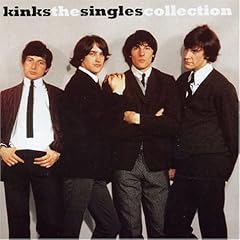 The Singles Collection (1964 - 1970). I regard the Kinks as one of my favorite bands and yet I only have eight of their 23 studio albums. This collection helps make things a little better by including a number of early singles I didn't otherwise have. And while this compilation covers only their Pye Records period, the quick growth of Ray Davies's songwriting is nothing short of astonishing. I mean, in 1964 alone there's only six months between their slopshod cover of "Long Tall Sally" and "You Really Got Me." Just over a year later, there's "A Well Respected Man," Davies's first foray into social satire. A few months later is "Dedicated Follower of Fashion." And just over three years into their career, they dropped "Waterloo Sunset." MAN.
The Singles Collection (1964 - 1970). I regard the Kinks as one of my favorite bands and yet I only have eight of their 23 studio albums. This collection helps make things a little better by including a number of early singles I didn't otherwise have. And while this compilation covers only their Pye Records period, the quick growth of Ray Davies's songwriting is nothing short of astonishing. I mean, in 1964 alone there's only six months between their slopshod cover of "Long Tall Sally" and "You Really Got Me." Just over a year later, there's "A Well Respected Man," Davies's first foray into social satire. A few months later is "Dedicated Follower of Fashion." And just over three years into their career, they dropped "Waterloo Sunset." MAN.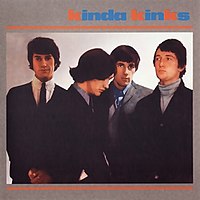 Kinda Kinks (1965). The second Kinks full-length album, featuring the killer "Tired Of Waiting For You."
Kinda Kinks (1965). The second Kinks full-length album, featuring the killer "Tired Of Waiting For You."The Kink Kontroversy (1965). The last bluesy Kinks album with the more Davies-esque tracks "Till The End Of The Day" and "Where Have All The Good Times Gone?"
Face To Face (1966). Davies turns his eye to the lives of suburban Britons. The album tracks include the brilliant "Dandy" and "Sunny Afternoon," but the bonus tracks include "I'm Not Like Everybody Else" and "This Is Where I Belong," two of my favorite Kinks songs.
Something Else By The Kinks (1967). I'd say it doesn't get any better than this, but it's about to. Still, this would be a career high for any lesser songwriter (or songwriters, as Dave Davies really comes into his own on this album): "David Watts," "Death Of A Clown," "Situation Vacant," "Love Me Till The Sun Shines," and "Waterloo Sunset," which is, of course, sublime. And I still feel like I'm shorting the other songs, which are also excellent throughout. But then there's...
The Kinks Are The Village Green Preservation Society (1968). This is a concept album about memory and the loss of innocence, and is one of the two finest concept albums of the 60s, equaled only by Pet Sounds. The flow of the music is nothing short of extraordinary, as Ray Davies runs through a gamut of emotions - veering wildly from sarcastic wit to whistful nostalgia, often within the same song - while the band tempers the twee sweetness with some surprising muscle. Each song is wonderful in its own way. I started to write a list of my favorites, but I realized that they're all contenders. Maybe "Sitting By The Riverside" and "Monica" are a tad less compelling than the others, but even they have a lot going for them. I have the three-disc "Special Deluxe Edition," which has both stereo and mono mixes of the album (the mono is by far the better one) plus a bunch of outtakes and singles. If you're not expecting guitar heroics or anything loud and grabby, I think you'll find that with this album the Kinks have made rock songwriting to be a triumph of real life in all of its understated, weird, messy glory.
Arthur (Or The Decline And Fall Of The British Empire) (1969). This was my first favorite Kinks album, before that role was usurped by the Village Green Preservation Society. Like the previous album, it's a concept album, this one loosely telling the story of a working-class Briton scarred by WWII and unable to get ahead in the post-war depression before finally emigrating to Australia. The peaks are incredibly high: "Victoria," which is almost so spiteful towards the UK that you might miss how deeply Davies cares about it - and which may also be my favorite song, "Shangri-La," a devastating look at the crippling repression of middle-class life, and "Australia," which has Dave Davies's best guitarwork. Fantastic album.
Lola Versus Powerman And The Moneygoround, Part One (1970). This isn't a bad album, but the singles (hello, "Lola") are much stronger than the album tracks, and the muscle that the Kinks flex on "Apeman" and "Powerman," while great here, aren't worth the loss of subtlety in the arena-rock that would soon overwhelm the Kinks' sound.
Muswell Hillbillies (1971). Before the Kinks dropped into arena-rock and badly conceived art-rock, they made a country album. Like Village Green, the songwriting here captures the messiness of real life, but the musical context is generally a British spin on Americana rather than the odd art-folk of Village Green. All in all, a wonderful album.
The Great Lost Kinks Album (1973). This has a bunch of non-album singles and outtakes from the late 60s, most of which I have elsewhere.
"Father Christmas" and "Young Conservatives." I wrote about "Father Christmas" back in December. "Young Conservatives" is from the 1983 album State of Confusion, and it sounds quite a bit like Queen (with Ray Davies instead of Freddie Mercury, natch).


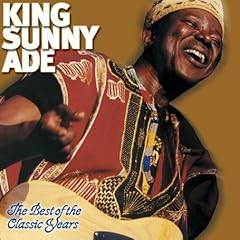
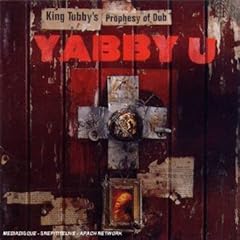
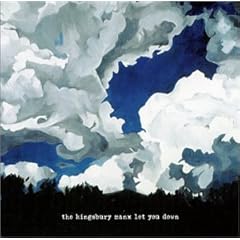
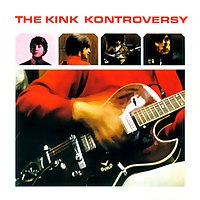


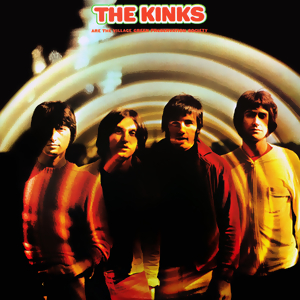


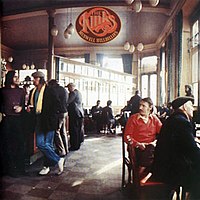










0 comments:
Post a Comment